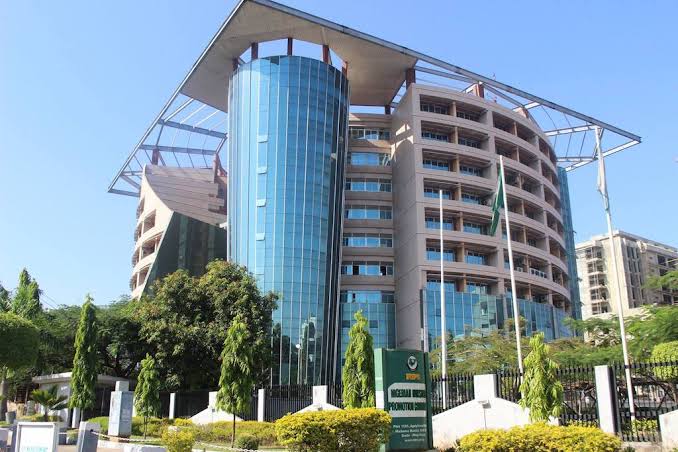News Investigators/ A Financial Technology Expert, Yele Okeremi, has lauded the Nigerian Communications Commission’s (NCC’s) directive to Mobile Network Operators (MNOs) to disconnect banks owing for the Unstructured Supplementary Service Data (USSD) codes.
Mr Okeremi, who is the Chief Executive Officer (CEO), Precise Financial Systems (PFS), gave this commendation in an interview with the News Agency of Nigeria (NAN) in Lagos on Thursday.
He said that the NCC directive to telecommunications companies to disconnect banks who may still be owing them by Jan. 27, 2025 was the right thing to do.
Mr Okeremi, the Founder of Precise Financial System, a software consultancy and development company, said that the regulatory authorities should do whatever was needed for the debts’ dispute to be resolved.
“Well, if the NCC is saying that there is a debt and the banks have admitted that they are owing or there is an established case. Then, disconnection is the right thing to do, because banks do the same thing to their debtors. So, it’s allowed,” the Fintech expert said.
Also, Jide Awe, a Technology and Innovation Policy Advisor, said the USSD debt dispute had dragged for long and required drastic measures for resolution, including independent mediation and sanctions.
Mr Awe, who is the Founder of Jidaw.com Ltd., said that such drastic measures as the NCC directive would help create an atmosphere of greater transparency and accountability, which was urgently required to resolve the dispute.
He expressed concern that conventional approaches and appeals had failed to resolve the USSD debt dispute, adding that the time had come to consider bold, creative, or even drastic measures, which the NCC had done.
Mr Awe noted that transparent revenue sharing, monitoring, and reconciliation of USSD activities must be established.
He added that he was pleased that the regulators were engaging sincerely and meaningfully with stakeholders to align their interests and address the challenges effectively.
“I attribute the persistence of this dispute to entrenched interests, a desire to avoid accountability, or sheer inefficiency and complacency.
“If there are no consequences for inaction or inefficiency, the pattern will continue to replay.
“I advocate, henceforth, for accountability measures to discourage critical and unreasonably prolonged unresolved disputes while also encouraging incentives to promote collaboration and swift resolution of conflicts.
“The status quo of “business as usual” and “regulation as usual” is failing, and this calls for greater agility, transparency, and independence from the Central Bank of Nigeria (CBN) and Nigerian Communications Commission (NCC) in resolving such disputes in future,” the policy advisor said.
He suggested that, in future, mandating independent mediation by a competent, independent body could ensure timely and effective outcomes.
Mr Awe also called for the establishment of clear guidelines and regulations for USSD transactions, as well as the development of a robust dispute resolution mechanism.
“The USSD debt dispute has been ongoing for several months, with banks and telecom companies at odds over the issue of unpaid fees for USSD transactions.
“There is the need for all parties involved to keep working together, and for customers’ interests and stability of the financial system to be prioritised in resolving the dispute,” he said.
NAN reports that the USSD short codes are used by bank customers to conduct banking services. They are preferred by some banking customers to carry out electronic transactions without the need for a smartphone or data for connectivity.
The USSD debt has been accumulating since September 2019 to date, reaching over N200 billion. The banks are supposed to remit N6.98 kobo to telecoms operators from the total amount they charge customers for every transaction carried out on the USSD platform.
However, the banks refused to remit any amount since 2019 that the agreement was reached between them and the telcos, which accumulated over time.
NAN


